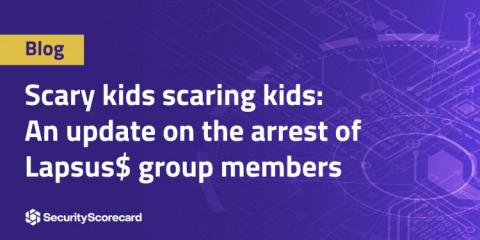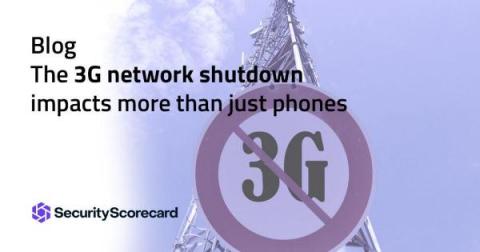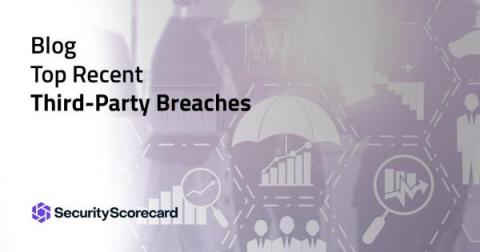Scary kids scaring kids: An update on the arrest of Lapsus$ group members
One would be hard pressed to find anyone working today in the cybersecurity world that has not yet heard of Lapsus$, an emerging cyber-crime group with big claims of breaching the likes of high-profile companies Microsoft, Samsung, NVIDIA, and Okta amongst others.











